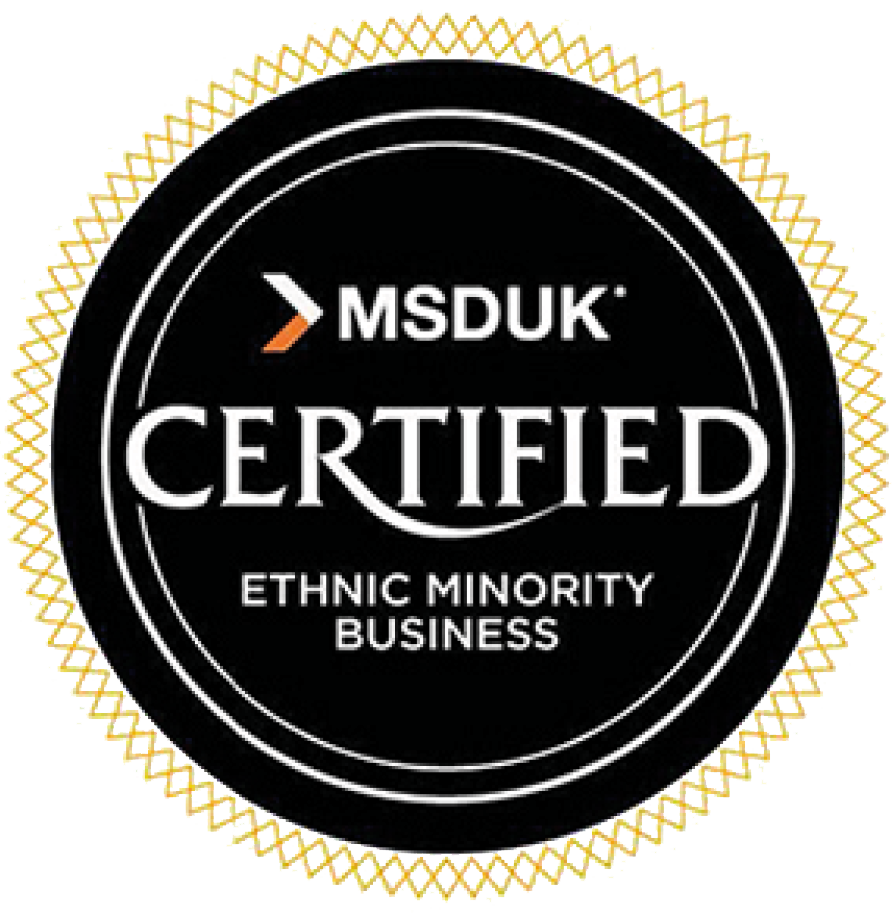We know that biases exist. It’s well documented how common prejudices towards a group of people – whether intentional or unintentional – can affect career progression and prospects. Biases can impede development, provide unfair advantages to some over others and prevent a company from reaching its full potential through existing within critical processes such as recruitment.
As we navigate a return to the office and refine our remote and hybrid working policies, it’s vital to keep in mind how biases could be at play. For instance, are those who are opt to work from an office likely to be viewed more favourably than those who prefer remote working? Will entirely remote employees benefit from the same career development opportunities as their office counterparts? Also, are these biases imposed more readily upon those with diverse or intersectional identities?
Proximity bias and its role within the age of remote and hybrid working.
Proximity bias is the idea that we grow closer to, feel more bonded with and value those with whom we spend the most time with. Generally, like many biases, this stems from human nature. We are inherently social and thrive on personal contact and mutual association. Thus, if we like someone and have a strong working relationship with them, we’re programmed to like them more if we spend physical time with them.
However, this bias isn’t a measure of a person’s ability or their potential, rather it is based entirely on the amount of face-time an employee may get with their manager or those with the power to support their career development. In fact, a study conducted as far back as 2015 found that employees that worked remotely had higher levels of productivity yet lost out on performance-based promotions compared to in-office staff.
We know that biases are more likely to affect diverse communities, and business leaders should be working to eradicate the existence of these biases across their organizations. When it comes to proximity bias specifically, women and people of color are more likely to favour flexible working and spend some days a week working from home when compared to other demographics. Due to due to the combination of affinity and/or appearance biases alongside proximity bias, we are more likely to spend time and become attached more quickly to those who are like us in background, belief or appearance. Thus, when leadership and management profiles are predominantly male and white, proximity bias is just another layer which can negatively impact diverse groups, with people of color and women being the most impacted.
The potential consequences for any demographic who might prefer working from home, is that they won’t be empowered or enabled to thrive in their roles in the same way as those who are more likely to favour office working. More specifically, they will likely not be promoted as quickly or have as much influence as their in-office peers, which can have a detrimental impact on their career trajectory, workplace experience and income. We must also consider the isolation people who work from home can experience when a workplace isn’t set up to engage remote workers as there is a clear social and mental health aspect here which can’t be overlooked. For instance, research from the American Psychiatric Association found that nearly two thirds of respondents who work from home feel isolated or lonely at times, which shows that businesses need to be investing in systems and providing the infrastructure to support remote and hybrid workers.
Mitigating proximity bias and its impact
Business leaders and organizations can minimize the effects of proximity bias to ensure that all of their employees have equitable opportunities to succeed within the business. To affect tangible, cultural change an awareness of existing biases is critical, as it allows for employees and business leaders alike to question and correct themselves regularly.
Firstly, training such as INvolve’s Conscious Inclusion workshops have been created to help business leaders identify biases of all types and provides the tools to eradicate these from systems and modes of thinking that could be impeding the success and career development of diverse groups. These workshops take unconscious bias a step further by centring on practical action, rather than just raising awareness.
Secondly, one of the most impactful things a leader can do is ensure that their workplace is set up for fair, hybrid working. For instance, casual conversations are easy in the workplace, but how can businesses facilitate social interaction virtually? This is just as important to employee engagement and development as the time spent completing tasks. The steps taken to achieve this can be as simple as ensuring the tech set up in meeting rooms is adequate, ensuring that there are regular check-ins between managers and those that report into them and provide opportunities for team collaboration, whether through consistent strategy days or inclusive social activities. Making these changes and investing in strong remote and hybrid working policies makes sense from a business perspective – especially in a time where any employee could work remotely at any time.
Thirdly, are your talent development programs available to everyone or do you expect employees to be in the office to access and be able to benefit from development schemes? INvolve’s talent development programs, from our bespoke RISE program to our Mentoring scheme have all been created to ensure delivery can be just as efficient and valuable remotely as they could be in-person. Ensuring that the quality of learning and development within your organization is not impacted by a person’s choice, or sometimes need, to work from home is critical to ensuring that you are creating equitable opportunities. Identifying that diverse communities have unique needs is key when dismantling biases and inequalities within systems as it requires a business to take a step back and assess whether their strategies, policies and talent development programs are accessible and inclusive to everyone.
Lastly, robust and standardised processes and practices for talent management and performance management are crucial. This includes clear guidance on who is selected for project participation and other opportunities at work which could lead to skill development, wider visibility in the business, and therefore acceleration of career development. Proximity bias, as many other biases, are much less powerful if everyone is being assessed by a standard set of criteria based on their work and performance, rather than whether they had a great chat with you in the office




